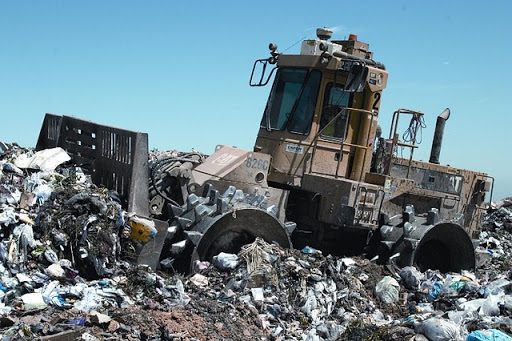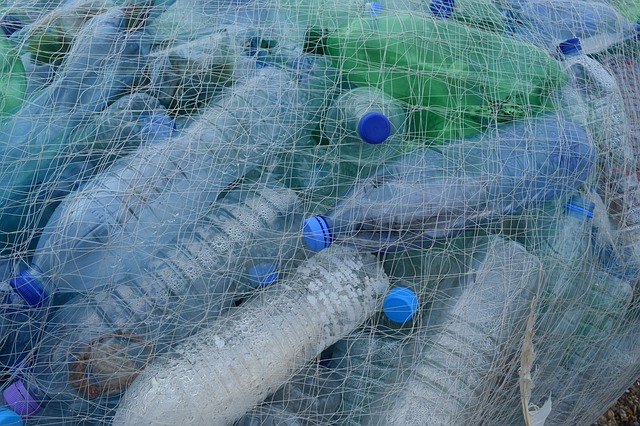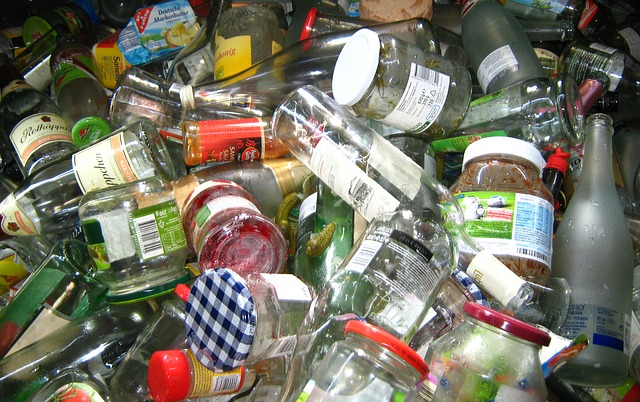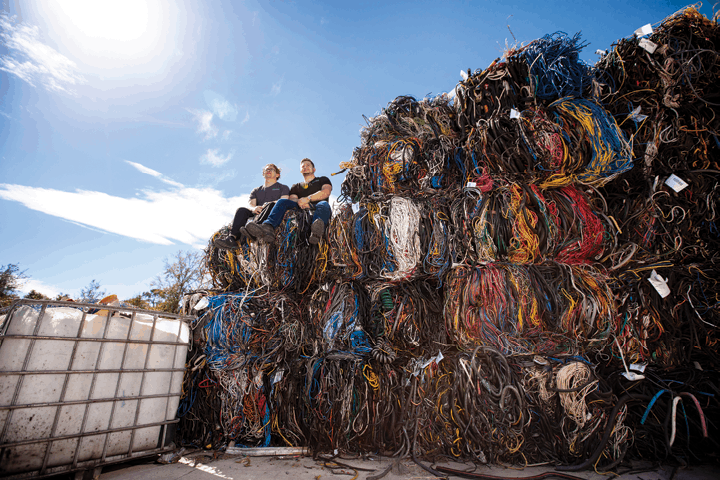
It’s a well-known fact that recycling is good for the environment–you place your bin at the end of your driveway and you’ve done your part. While there has been a lot of talk about the effects of recycling, there is not enough discussion about the effects of not recycling.
What would happen if everyone decided to stop recycling? What are the effects of not recycling and letting our trash pile up in landfills?
Recycling doesn’t just have an environmental impact but an economic one as well. Not to mention that it also promotes sustainable manufacturing because manufacturers can potentially reuse these materials over and over again.
Recycling is a billion dollar industry that employs hundreds of thousands of people every year. Even so, according to a recent EPA funded Yale University Study the U.S. recycling levels are currently at 21.4%.
According to Recycle Across America, the U.S. recycling levels have not improved in 20 years despite the billions of dollars spent on recycling awareness campaigns and new sorting technologies.
So what are the effects of not recycling?
Effects of Not Recycling
According to the EPA, in 2013, Americans generated about 254 million tons of trash, that’s equivalent to about 1.7 million blue whales! Of that 254 million, about 87 million tons of this material was recycled and composted. So imagine what that would look like if none of that material was recycled.
Year after year the garbage would continue to pile up. This would eventually lead to more landfills popping up near our homes.
Recycling products such as cardboard, scrap metal, paper, and plastic can cut the size of our landfills in half.
Environmental Impact

Landfills have a huge environmental impact. Americans throw away 2.5 million plastic bottles every hour. Just one of those plastic bottles can take at least 450 years to decompose; imagine billions of them!
When people throw away scrap metal, we are harming the environment. By not recycling we’re also wasting finite resources. If we never recycled again that would mean that every time a manufacturer creates a new product they have to mine for the resources.
Instead of using recycled scrap metal they would have to literally go into a mine, find iron ore, mold into what they need for their product, and then start production. That’s not just time-consuming but it’s also costly.
According to the Institute of Scrap Recycling Industries (ISRI), recycling one ton of steel conserves 2,500 lbs. of iron ore, 1,400 lbs. of coal and 120 lbs. of limetsone.
Another example is paper; if we don’t recycle paper then every time we need more paper trees get chopped down and harvested at a mill. Not only does this process deplete our resources but it also destroys the natural habitats of other creatures, according to Panda Environmental. Additionally, trees produce oxygen.
We are already trying to reduce the amount of waste that goes into our oceans. In March of 2019, just a few months ago, a whale washed up on the shores of a beach in the Philippines with 88 pounds of plastic in its stomach, it died a few hours later. And sadly this isn’t an isolated event. Wildlife all over the world are suffering because of us, whether directly or indirectly. Just imagine how much more waste would end up in our oceans if we stopped recycling.
Economic Impact

Not only will there be environmental impacts if we stop recycling but there will also be big economic impacts.
As we mentioned above, the recycling industry employs hundreds of thousands of people in the U.S. alone. If we don’t recycle, those jobs will disappear leaving thousands upon thousands of people unemployed.
In 2017, the scrap recycling industry contributed $117 billion in economic activity and $13.2 billion in tax revenue. Additionally, scrap products were exported to 145 countries worldwide, generating nearly $18 billion in export sales.
Recycling also saves manufacturers money. For instance, according to All Recycling Facts, using fresh aluminum costs twice as much as using recycled aluminum. This is because a lot more energy is needed to extract aluminum from its raw forms. Without those savings, the cost of our goods would increase.
Additionally, glass and some forms of metal can be recycled and remanufactured an infinite amount of times and never wear out. Making glass from recycled material also cuts related water pollution by 50%.
GLE Scrap Metal
The effects of not recycling are substantial. We not only need to continue recycling but also step up our efforts. If you have scrap metal or electronics lying around that are ready to be recycled, bring it to GLE Scrap Metal.
GLE Scrap Metal is a premier scrap metal recycler, GLE Scrap Metal performs environmentally-friendly processing and recycling of all base and precious metals. We purchase, process, and re-integrate all recyclable base metals.
To find out more contact us or call us at 855-727-2788.



